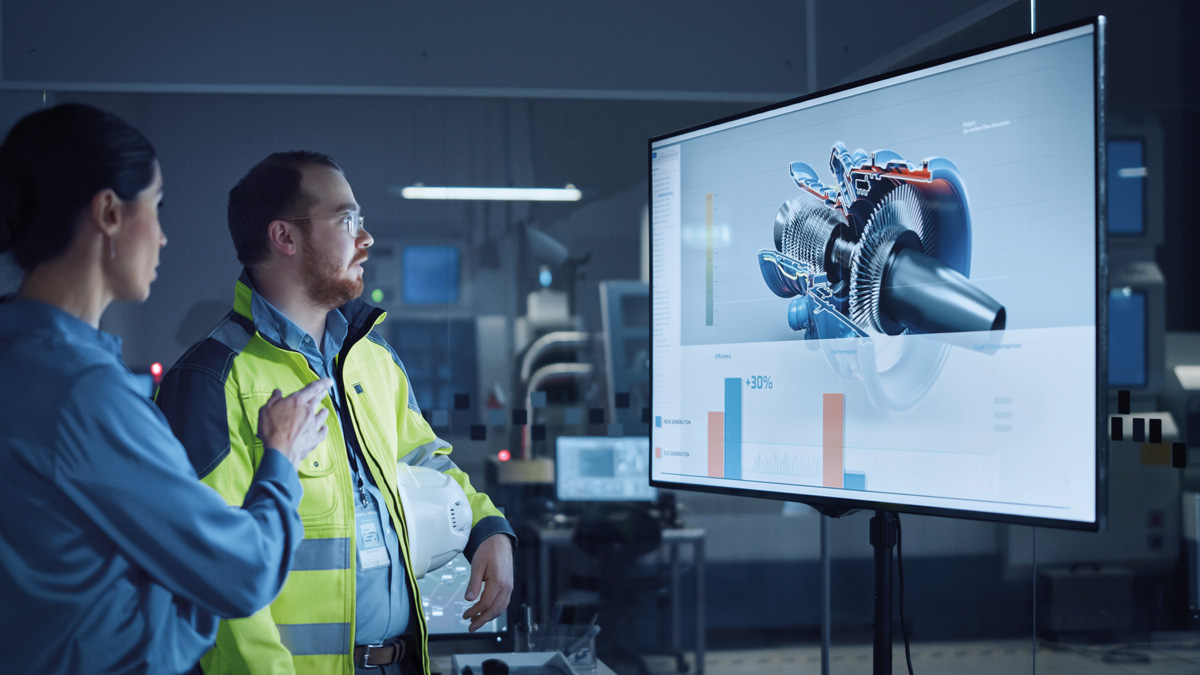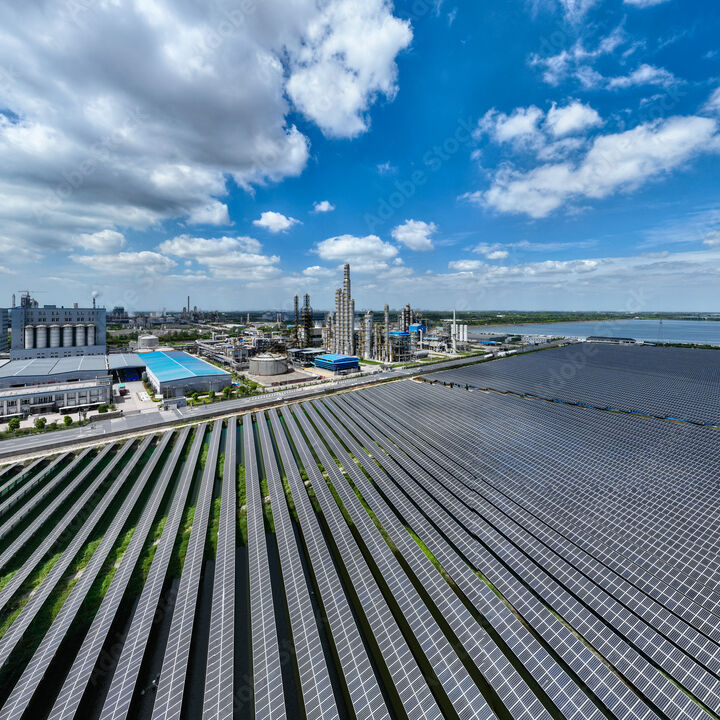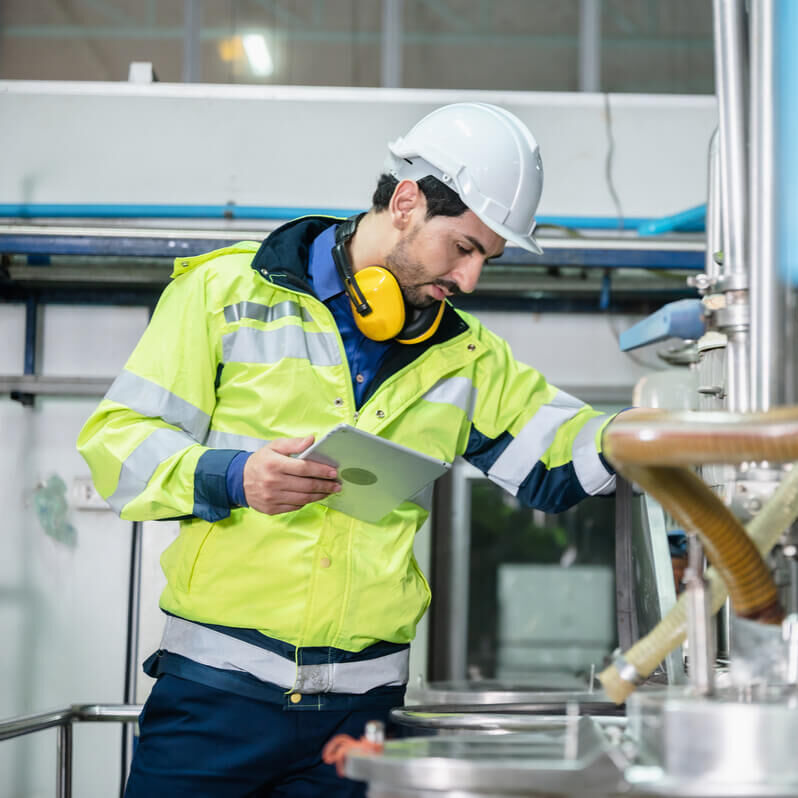Sustainable Production & Operations
Today's investments in production infrastructure will influence the achievement of sustainability goals for decades to come. Complex trade-offs must be made – regarding the regulatory and economic framework conditions for production, the future viability of the Product portfolio and the availability of raw materials and renewable energy supplies.
At the same time, manufacturing systems and other operational processes must be aligned in such a way that they are optimized with regard to social and ecological dimensions. Reducing the consumption of critical resources and CO2 emissions, avoiding contamination and other environmental impacts, as well as the proper disposal and recycling of waste and residual materials generated in the production process play a central role.
EFESO supports the development of sustainable production systems and operational processes through the following approaches:
- Operational Excellence (OPEX): definition of KPIs and development of a management system to integrate sustainability criteria into operational decisions and use of digital operations twins to simulate, optimize and control resource-efficient processes.
- Digitalization: use of digital technologies in all operational areas to create transparency; detection and analysis of potential savings; improvement and acceleration of planning and decision-making as well as the reduction and substitution of physical processes.
- Future Factory: application of the Future Factory approach to assess sustainability potential and investment requirements as well as the design and implementation of sustainable factory concepts for existing and planned production sites.
- Reducing energy losses: increasing energy efficiency in medium-sized and large industrial plants. Support for all phases of energy saving projects, from conducting audits, project design and implementation to monitoring and continuous improvement of results.
- Resource efficiency & quality improvements: reduction of process-related waste, rejects and energy consumption through data and AI-supported monitoring, analysis and optimization of the overall system as well as of individual processes and systems.
- Traceability & transparency: ensuring transparency regarding resource consumption at product level by automatically recording and linking relevant material, process and product data and by guaranteeing traceability of the use of recycled materials in production.

ROI-EFESO's "Product Life Cycle" approach classifies sustainability targets for physical products, software or services in four phases.

Expert article: How the topic of sustainability can be used as a value creation lever for portfolio companies.

Trends and drivers of sustainable waste management.

A conversation with Prof. Dr. Werner Bick, Senior Partner at ROI-EFESO, about strategies to improve the environmental footprint in logistics

Interview about “EU taxonomy” with Tim Ballenberger, Senior Consultant at ROI-EFESO and Florian Santolini, Regional Director at kShuttle.










